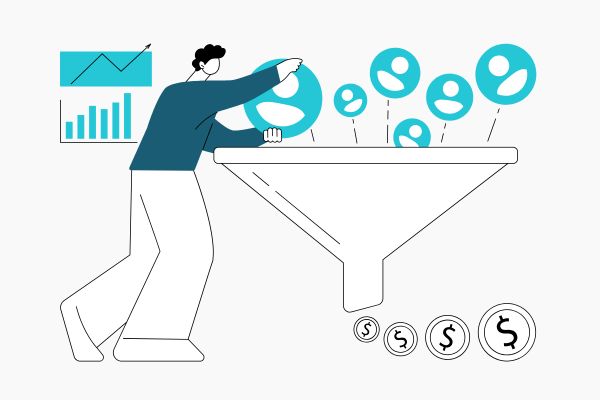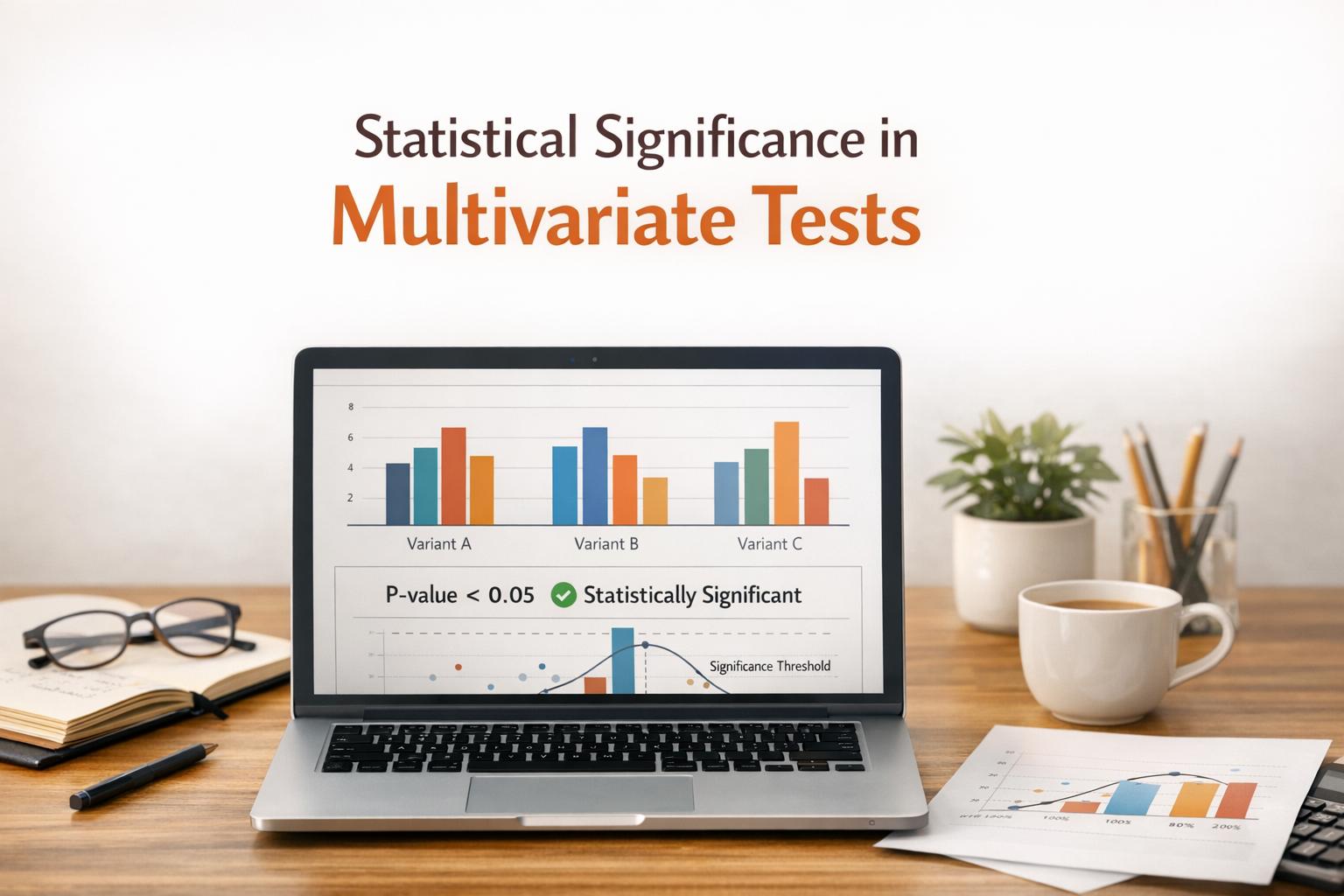

The Future of SEO: How to Optimize Content For AI Search Engines

The Future of SEO: How to Optimize Content For AI Search Engines
 25-06-2025 (Last modified: 25-06-2025)
25-06-2025 (Last modified: 25-06-2025)
Search is evolving faster than your caffeine-fueled Monday morning crawl report. In 2025, if you’re still optimizing just for Google as we knew it, you’re missing a chunk of visibility (and probably some traffic too). The rise of AI-powered engines like ChatGPT, Gemini, Perplexity, and SearchGPT is flipping the rules of the SEO game.
So, what now? Do we panic? Do we block GPTBots from crawling our sites? Do we hire a robot to do our content strategy?
Let’s break it down in a practical, and slightly suspicious of the hype, style!
“AI is stealing my traffic!”
If your content is informational – think ‘how-to’ guides, ‘FAQs’, ‘definitions’ – then yeah, generative AI might be eating your clicks. Tools like Google’s AI Overviews are answering user queries directly, which means fewer users are actually clicking through to your site. In fact, recent data suggests that click-through rates on informational queries are down 18% year-over-year.
Our Thought: This doesn’t mean SEO is dead. It means your top-of-funnel strategy needs to evolve. Impressions might matter more than clicks now. Getting cited by AI tools is the new blue link.

Step 1: Rank Like It’s 2015 (But Smarter)
If you’re not in the top 10 results, AI won’t even notice you. Google’s AI Overviews mostly pull from the top-ranking content as they know that’s where the long term knowledge and expertise is at.
How to Make the Cut:
- Get serious about E-E-A-T. Showcase real people with real experience.
- Target long-tail keywords with clear intent.
- Make your meta titles and descriptions impossible to ignore.
- Get those backlinks. Quality still beats quantity.
Our Thought: SEO fundamentals haven’t changed. What’s changed is the urgency of doing them really, really well.
Step 2: Write for People, Structure for AI
ChatGPT, Perplexity, and Gemini aren’t skimming your content like humans. They’re scanning for clarity.
Tactical Moves:
- Use conversational, question-based headings.
- Add FAQ sections (AI loves them).
- Keep answers clear, punchy, and structured.
- Use schema markup where relevant (especially FAQ, HowTo, Article).
Our Thought: This is where good UX meets technical SEO. You’re writing for humans and machines so make it friendly and scannable.

Step 3: Brand Mentions Are the New Backlinks?
AI tools are starting to prioritize brand authority even without traditional links. That means if people talk about your brand on Reddit, Quora, or Twitter (X), AI notices.
Try This:
- Get quoted in articles.
- Join expert roundups.
- Start conversations on forums and niche communities.
- Use PR to get brand mentions in trusted publications.
Our Thought: Stop obsessing over anchor text. Focus on being visible and credible everywhere your audience hangs out.
Step 4: Create Hidden Gem Content
Google’s been hyping “Hidden Gems,” aka unique content with original insights. AI can regurgitate common knowledge. It can’t replicate:
- Your customer data
- Real case studies
- Proprietary research
- That weirdly specific pain point only your users face
Here’s our Tips:
- Publish first-party data and niche observations.
- Embed user-generated content or real quotes.
- Avoid generic fluff. Get specific.
Our Thought: In a sea of AI content, real experience is your lifeline.
Step 5: Use AI (Without Letting It Write Everything)
AI is a tool, not a strategy. You can use it to:
- Brainstorm ideas
- Analyze SERPs
- Identify keyword gaps
- Summarize competitor content
But don’t hand it the keys to your brand voice.
Our Thought: AI can help you go faster but we all know the story of the tortoise and the hare… slow and thoughtful wins.

Should You Block AI Bots?
Some folks are blocking GPTBot, ClaudeBot, and others. Should you?
Only if:
- Your content is proprietary or paywalled
- You’ve seen clear cannibalization from AI answers
Don’t block if:
- You want to be cited by AI and show up in summaries
Our Thought: If AI doesn’t cite you, it will cite someone else. Your call.
Here’s our Quick Win Checklist for AI-Era SEO
- ✅ Rank in the top 10
- ✅ Add FAQs
- ✅ Target long-tail questions
- ✅ Show real experience
- ✅ Make your brand unmissable online
Final Thought: SEO Isn’t Dead, It’s Just Smarter Now
We’re not heading into an SEO apocalypse. We’re entering the era of experience-first content. Human stories. Expert takes. Tangible insights.
So yes, the game has changed, but the best players will still win.
And if you’re testing headlines, call-to-actions, or page layouts to see what actually engages users, well… we know a great tool for that.
(👋 Hi. We’re PageTest.AI.)
FAQs: How to Optimize Content for AI Search Engines
What is AI search and how is it different from traditional search engines?
AI search engines like ChatGPT and Perplexity use generative models to deliver direct answers instead of just links. They summarize and cite high-ranking, structured content—meaning visibility now depends on clarity, authority, and formatting.
How can I optimize content for AI-powered search engines?
To optimize content for AI search engines, structure it with clear headings, include FAQs, add schema markup, and use conversational language. Focus on demonstrating expertise and experience that AI tools can summarize and cite.
Does AI search impact SEO traffic?
Yes. Generative AI tools often reduce clicks for informational queries because users get answers directly in the interface. CTRs may drop, but impressions and brand mentions are becoming new top-of-funnel metrics.
Should I block AI bots like GPTBot?
Only if your content is paywalled, proprietary, or being unfairly scraped. Most brands benefit from allowing AI crawlers, as citations can increase authority and visibility in conversational search results.
What industries are most affected by generative AI in search?
Industries that rely on informational content—such as education, health, news, and SaaS—are most impacted. E-commerce and transactional content are less affected (for now).
say hello to easy Content Testing
try PageTest.AI tool for free
Start making the most of your websites traffic and optimize your content and CTAs.
Related Posts

 27-01-2026
27-01-2026
 Ian Naylor
Ian Naylor
Ethical Data Collection for CRO
Privacy-first CRO guide: get explicit consent, minimize and anonymize data, and comply with GDPR/CCPA while improving conversions.

 26-01-2026
26-01-2026
 Ian Naylor
Ian Naylor
Category Page Layouts That Boost SEO
Optimize category pages with clear hierarchies, concise above-fold copy, mobile-first layouts, schema, image optimization and pagination to increase traffic.

 24-01-2026
24-01-2026
 Ian Naylor
Ian Naylor
Statistical Significance in Multivariate Tests
How to get reliable results from multivariate tests using fractional designs, statistical corrections, variance reduction, and AI automation.
